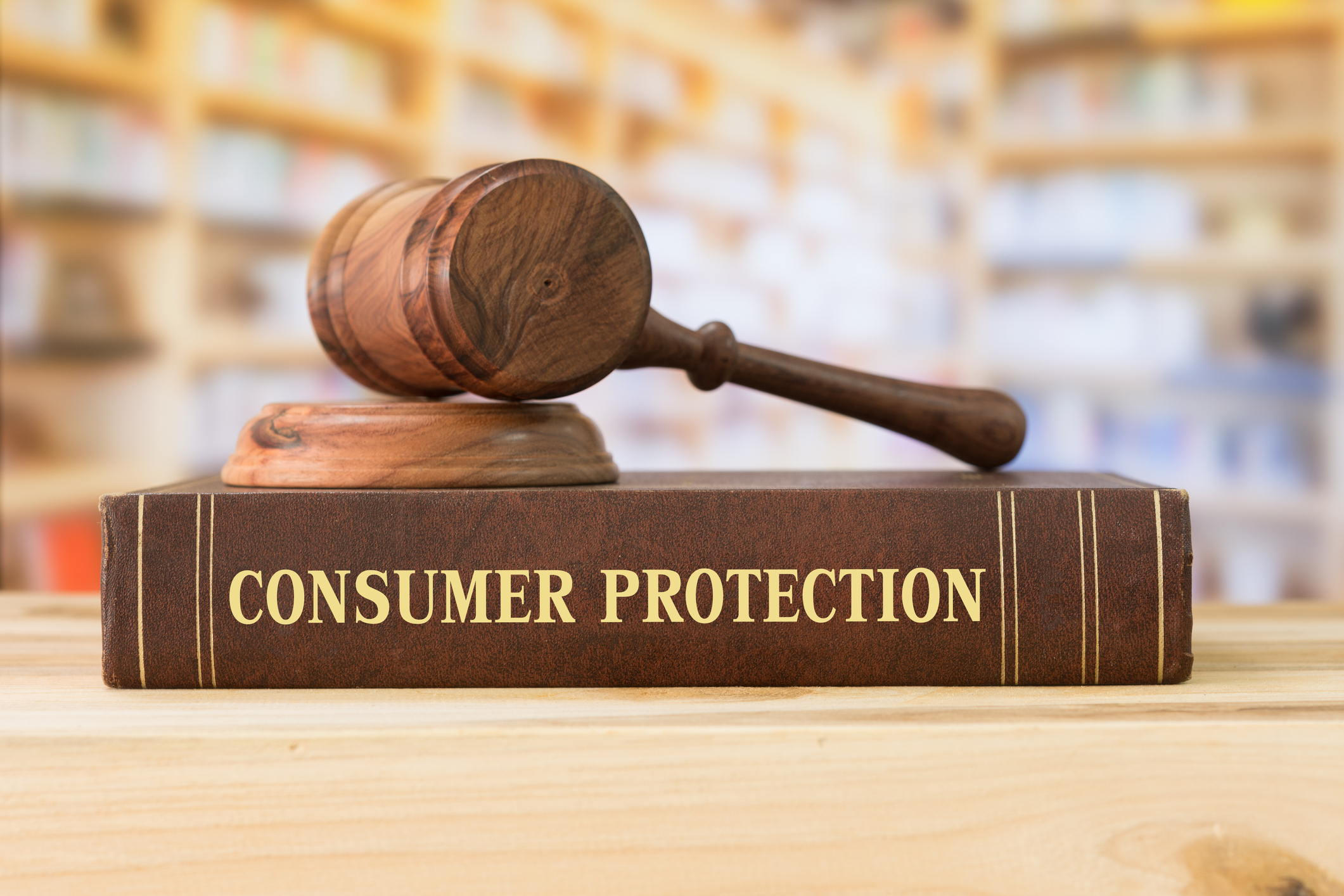
On May 5, 2023, the U.S. Consumer Product Safety Commission (“CPSC”) announced that it agreed to a civil penalty settlement with Generac Power Systems, Inc., (“Generac”) to resolve charges that Generac failed to report immediately to the CPSC under Section 15(b) of the Consumer Product Safety Act (“CPSA”). Specifically, the CPSC alleged that certain models of Generac’s portable generators contained a defect that could create a substantial product hazard and unreasonable risk of serious injury to consumers. This settlement includes a $15,800,000 civil penalty, and requirements that Generac (1) implement and maintain a compliance program and system of internal controls and procedures designed to ensure compliance with the CPSA; and (2) file annual reports with the agency for the next three years regarding the Company’s compliance program, internal controls and procedures, internal audits of the effectiveness of the new compliance program and internal controls.Continue Reading CPSC and Company Reach Agreement on $15.8 Million Civil Penalty for Failure to Report




 Last week, the U.S. Consumer Product Safety Commission
Last week, the U.S. Consumer Product Safety Commission 
